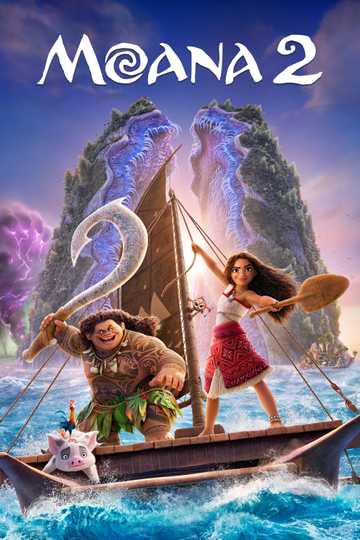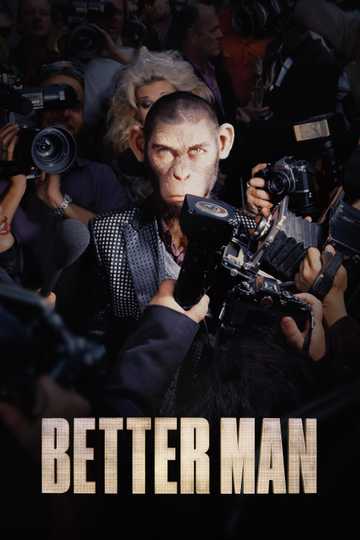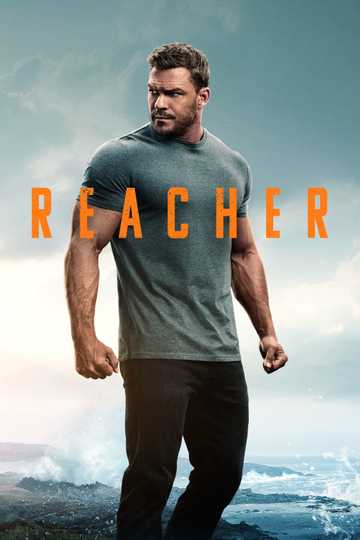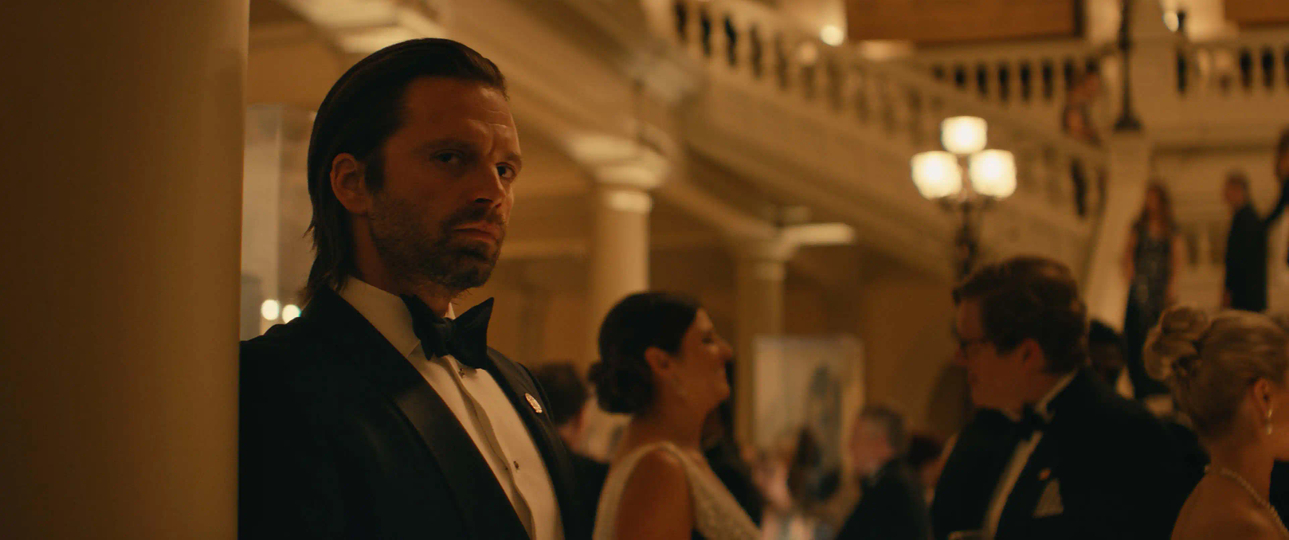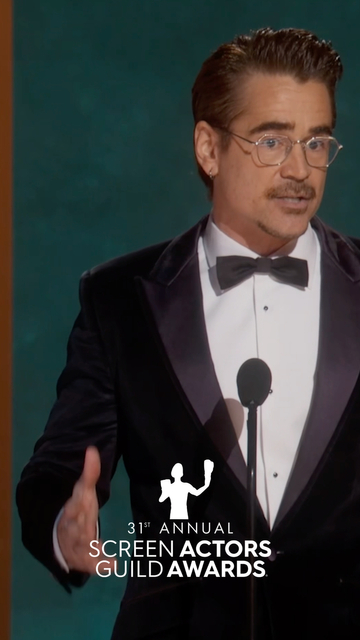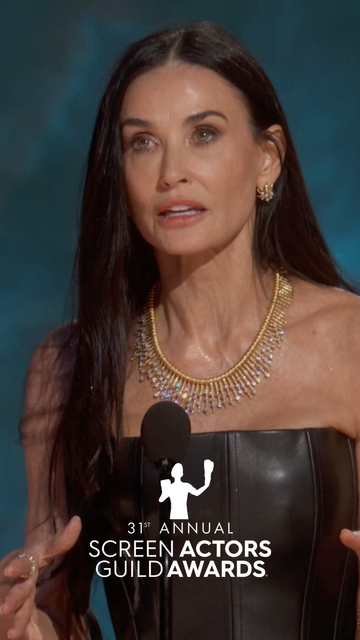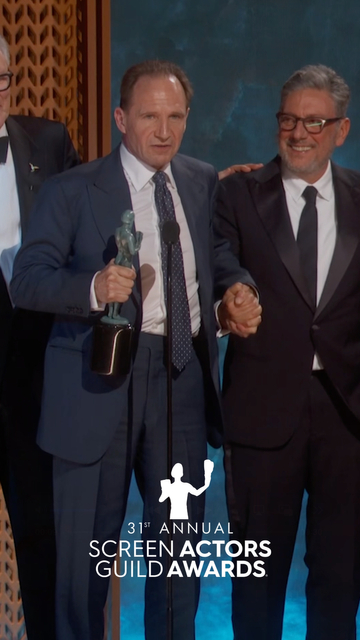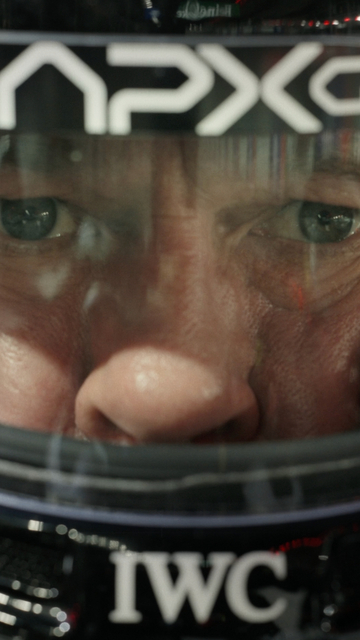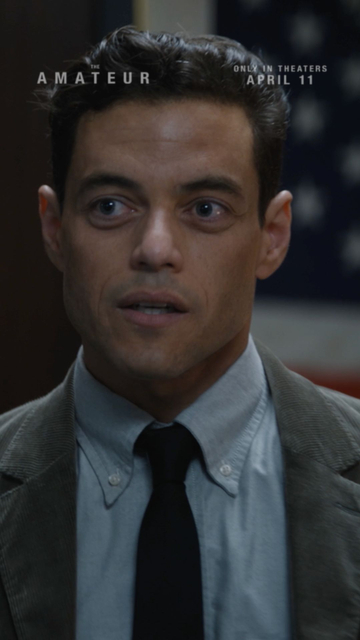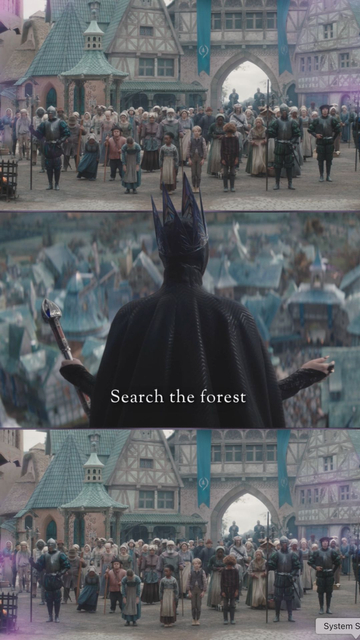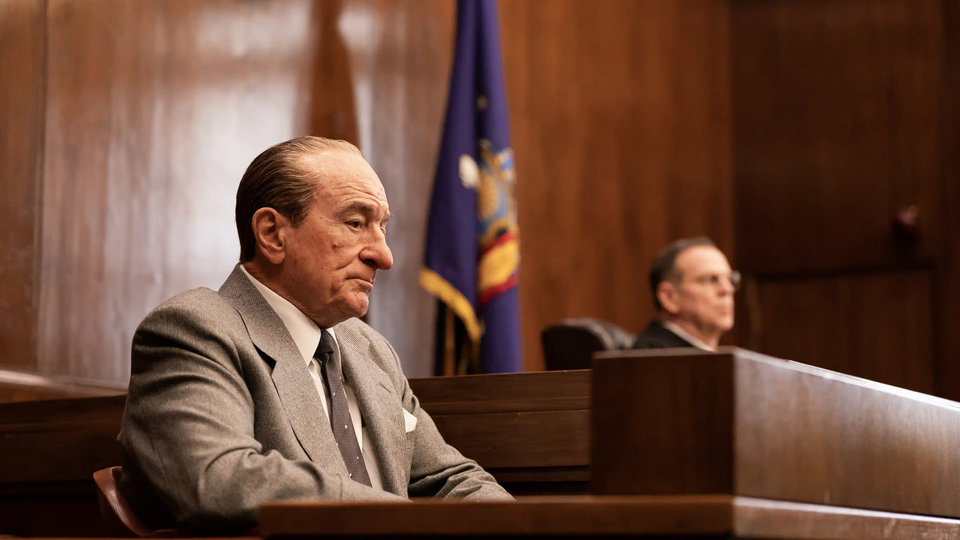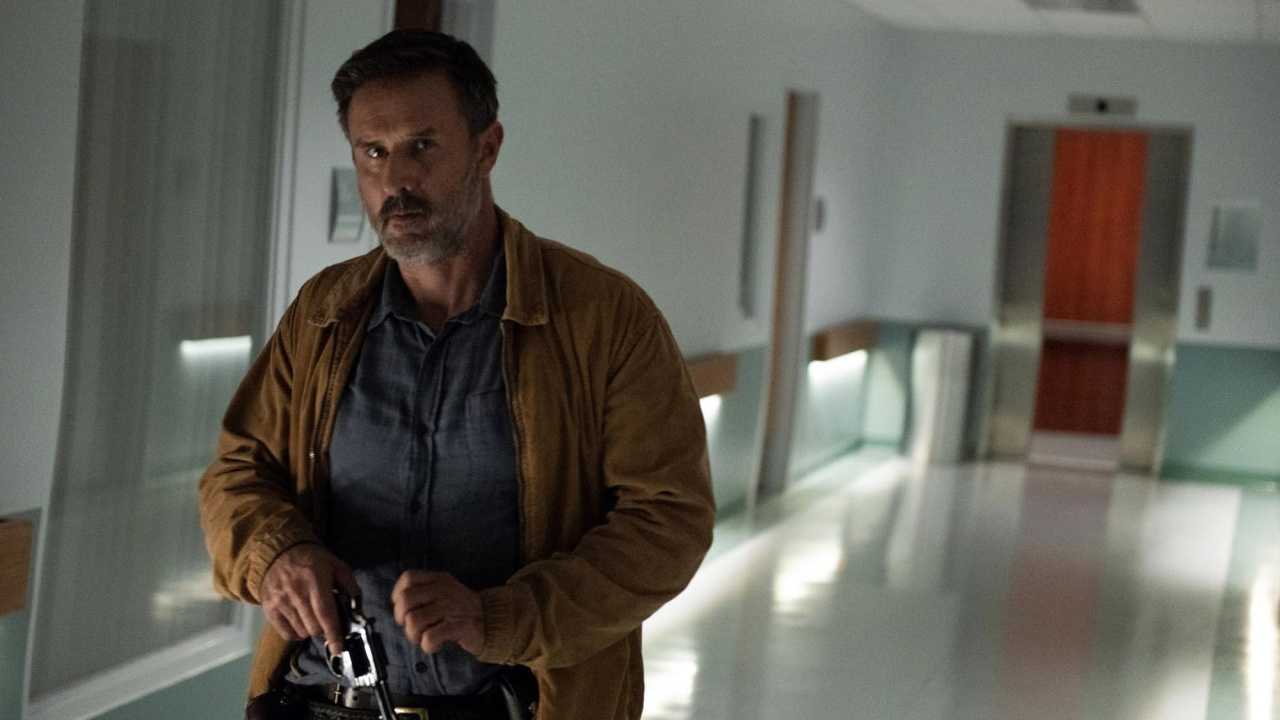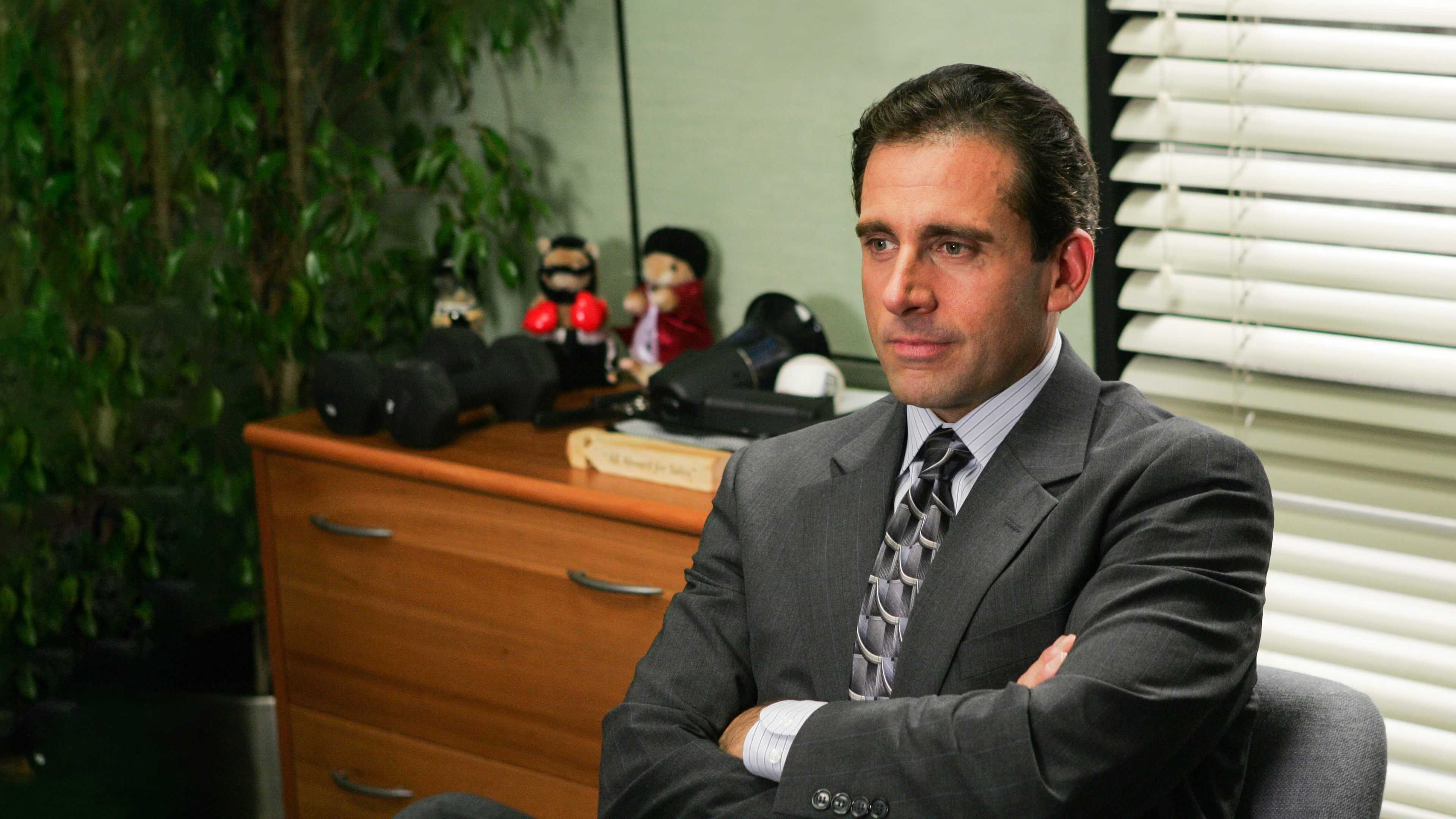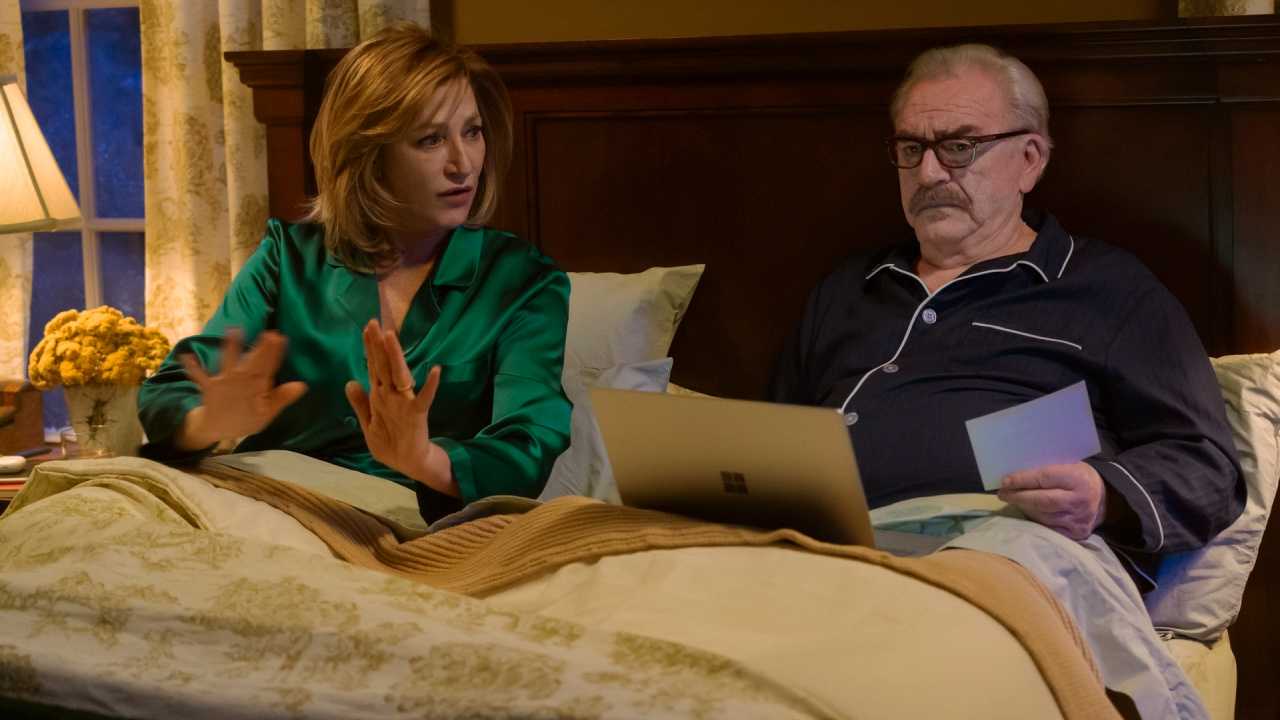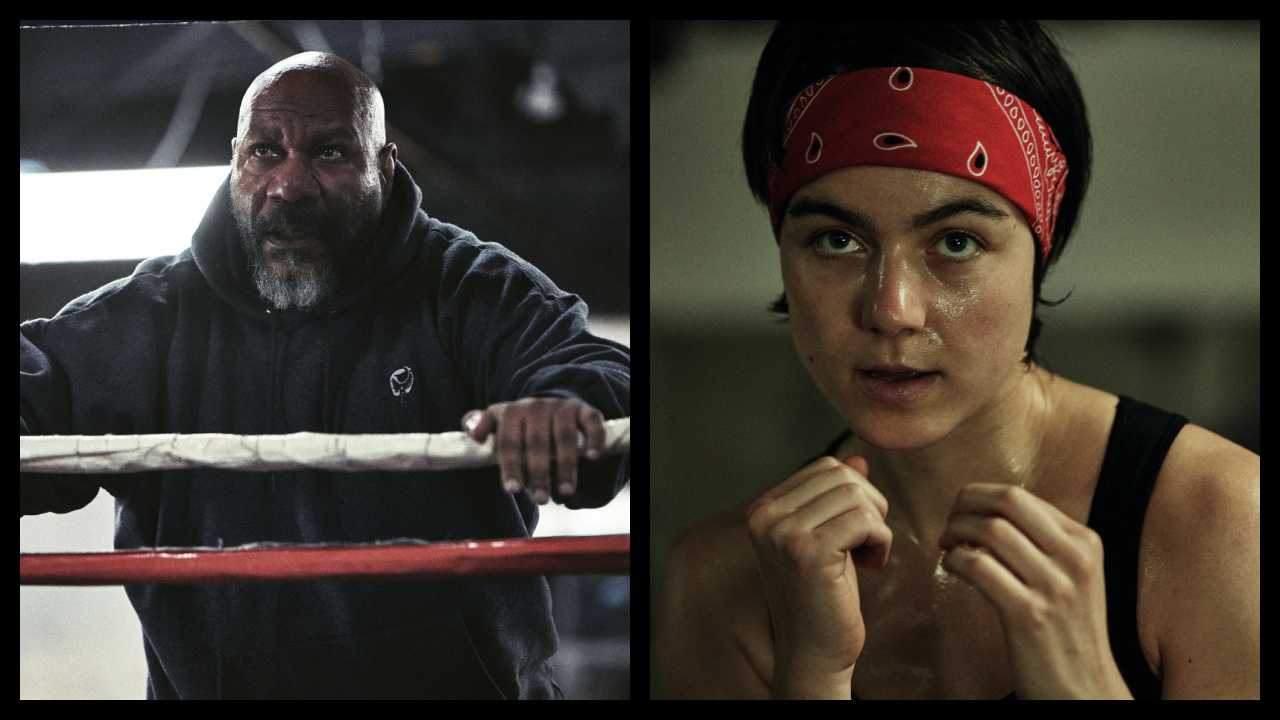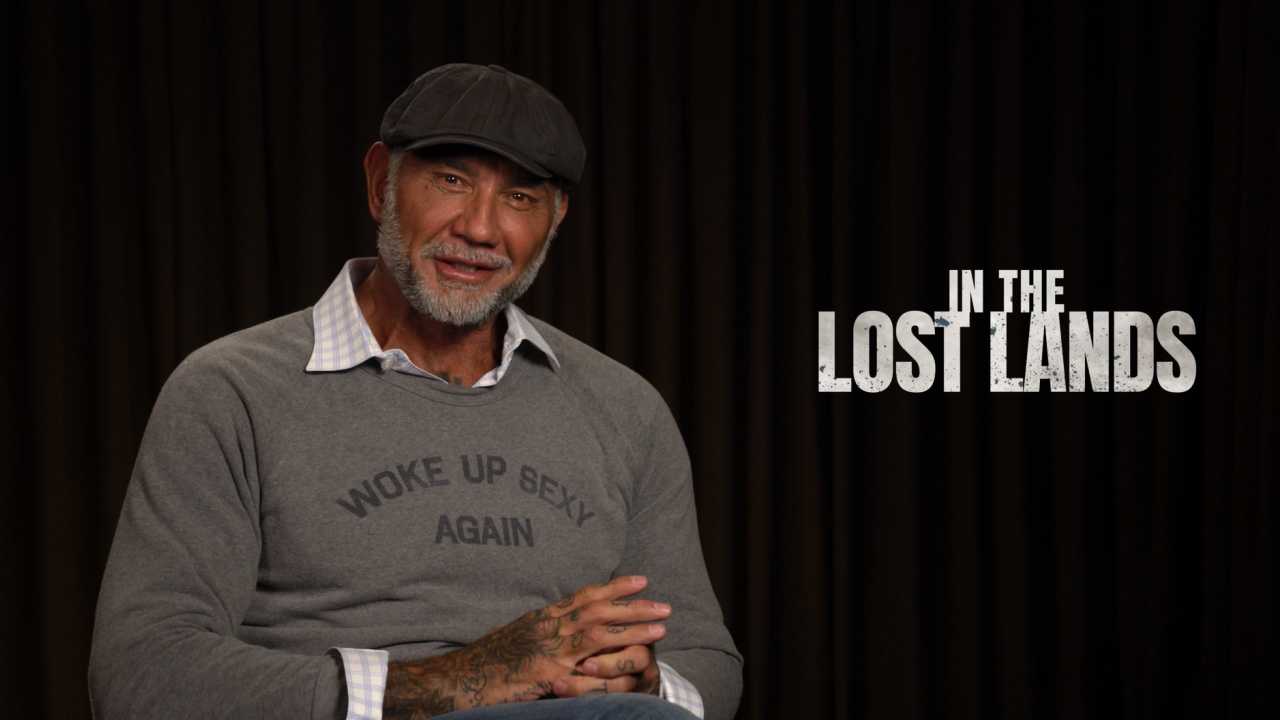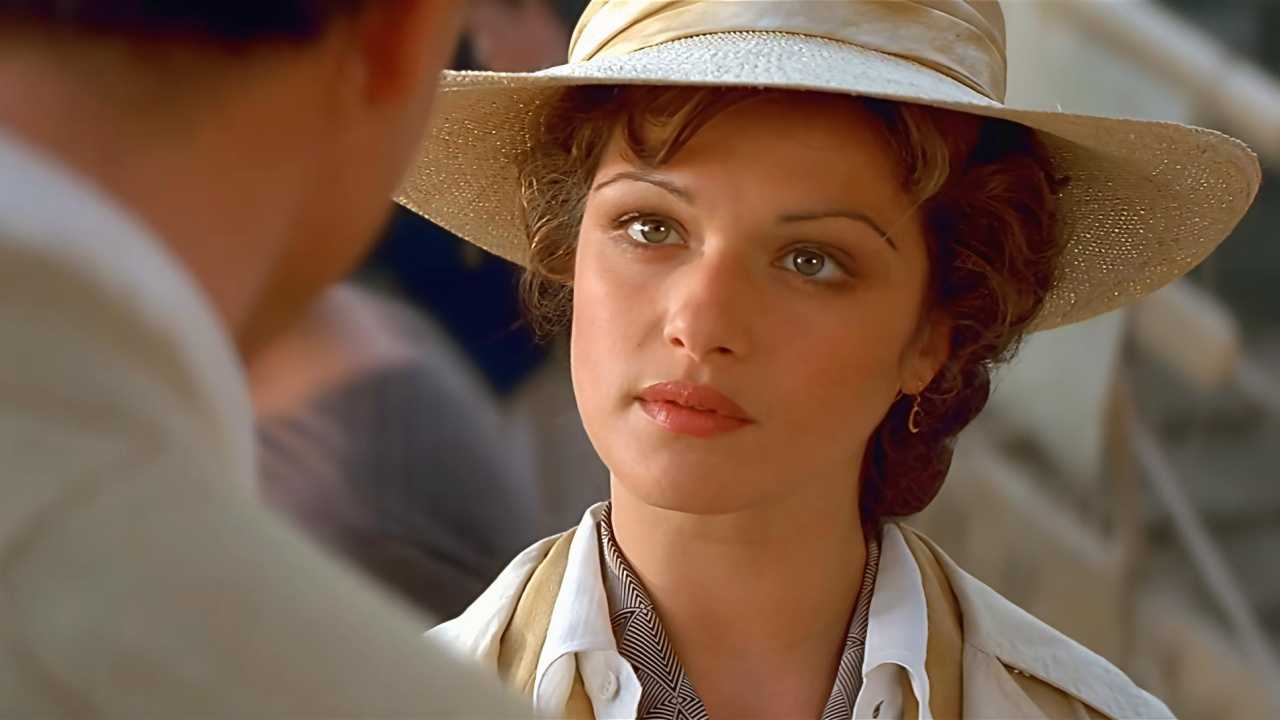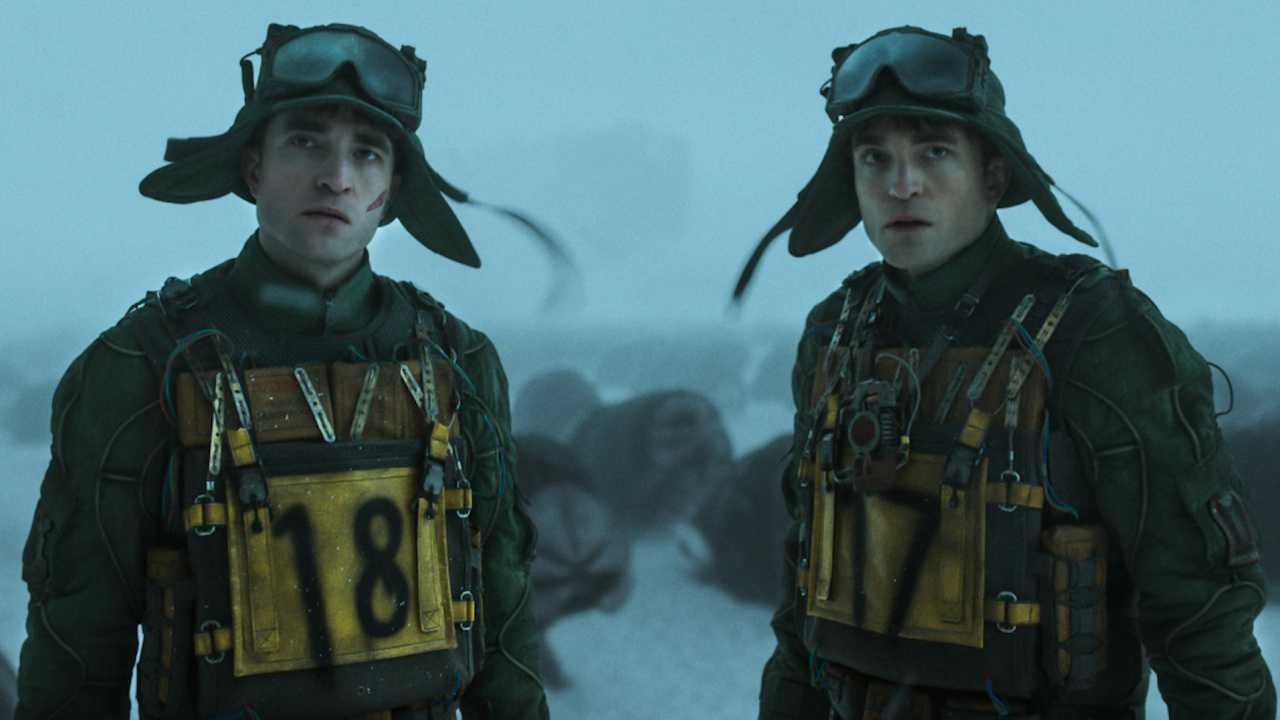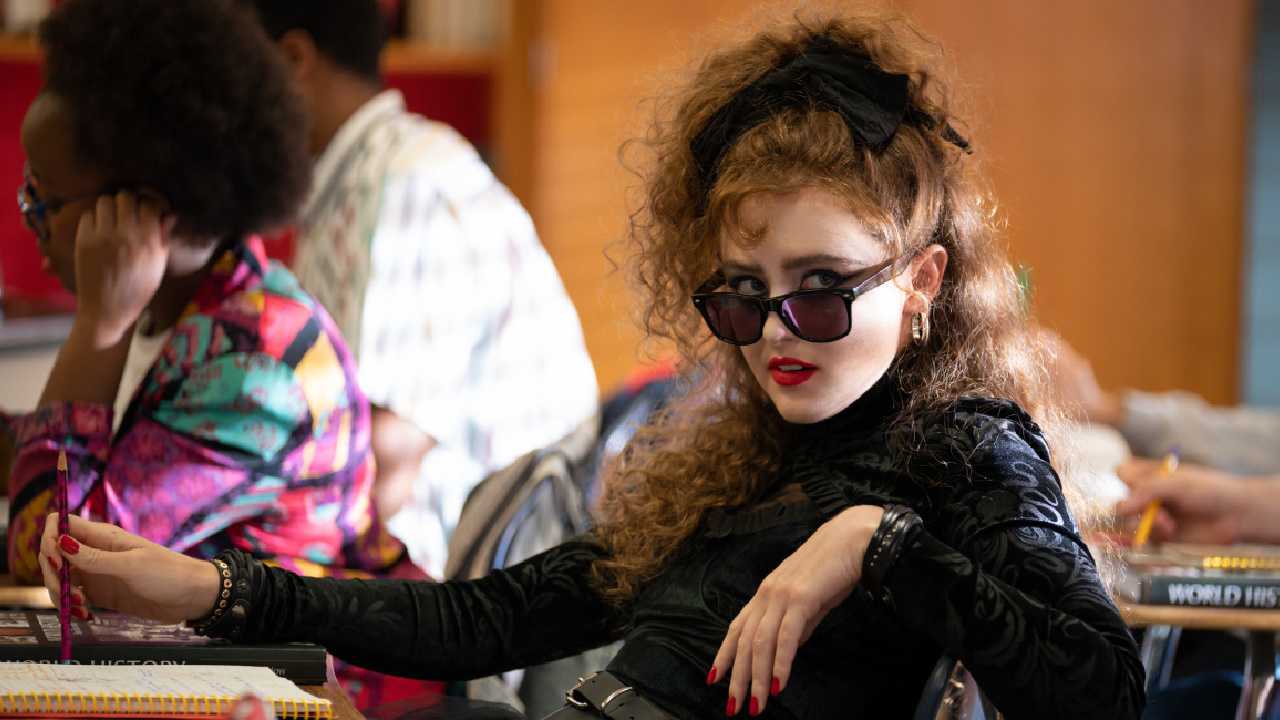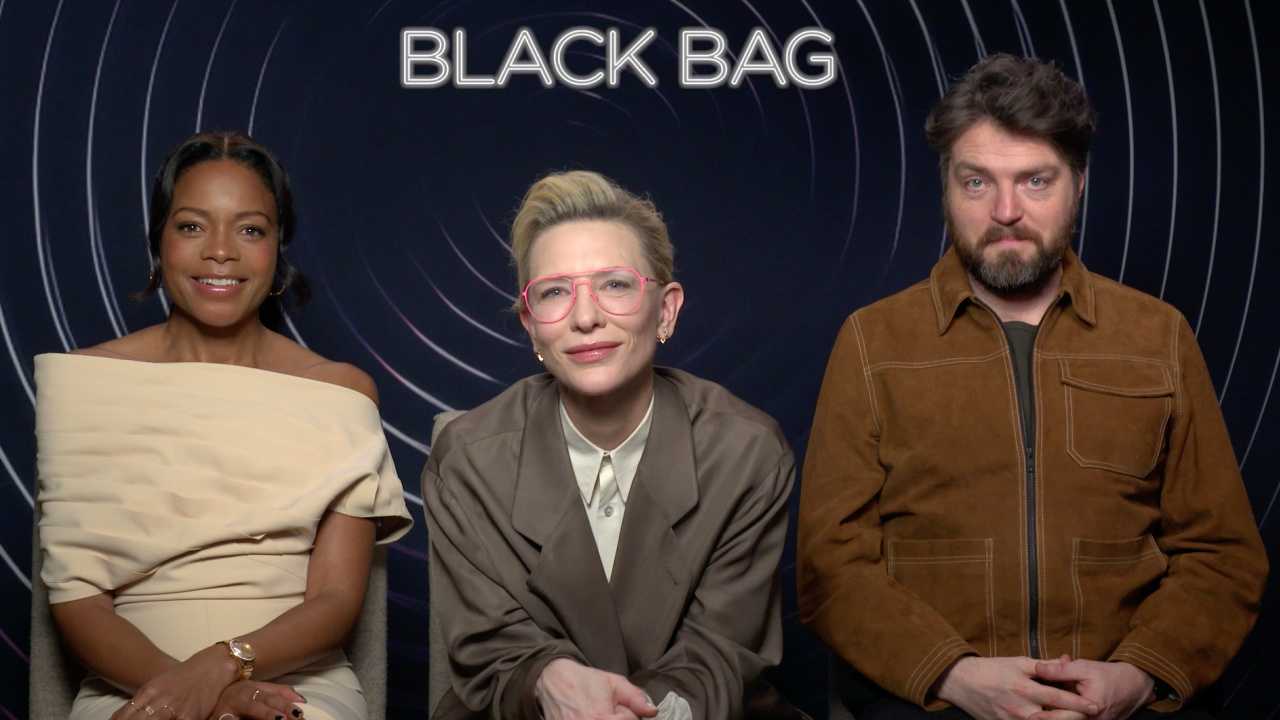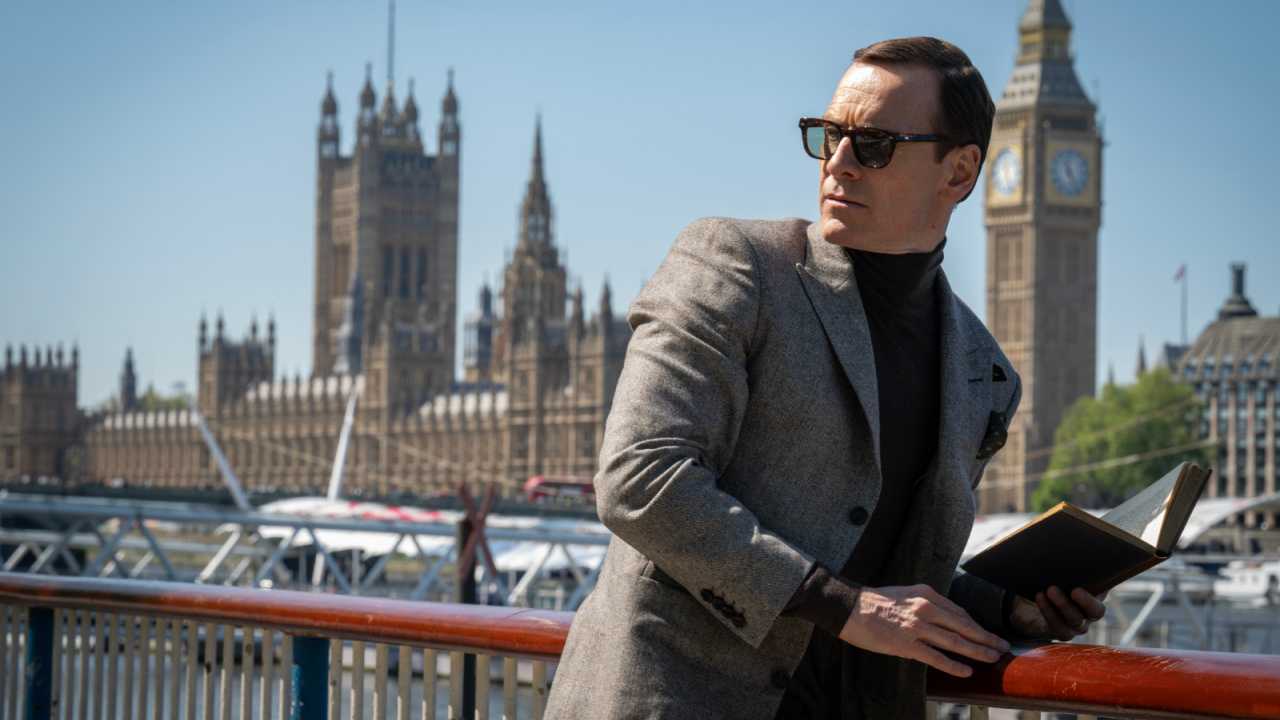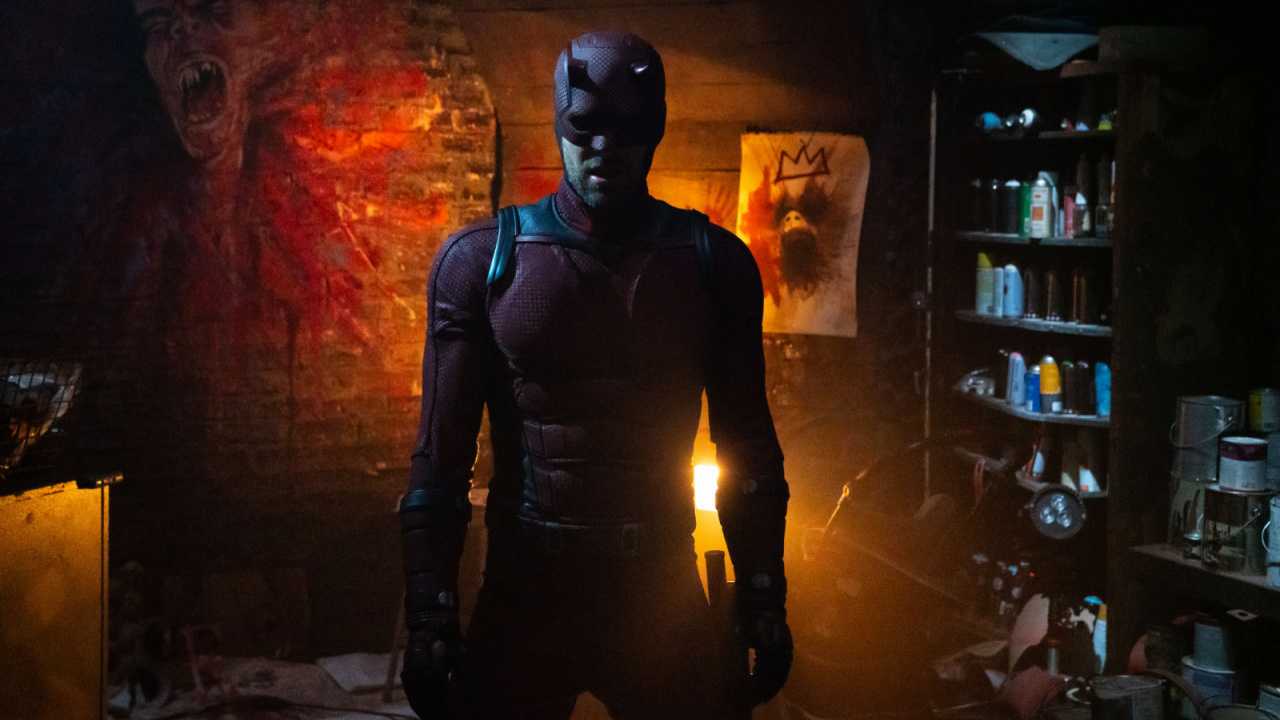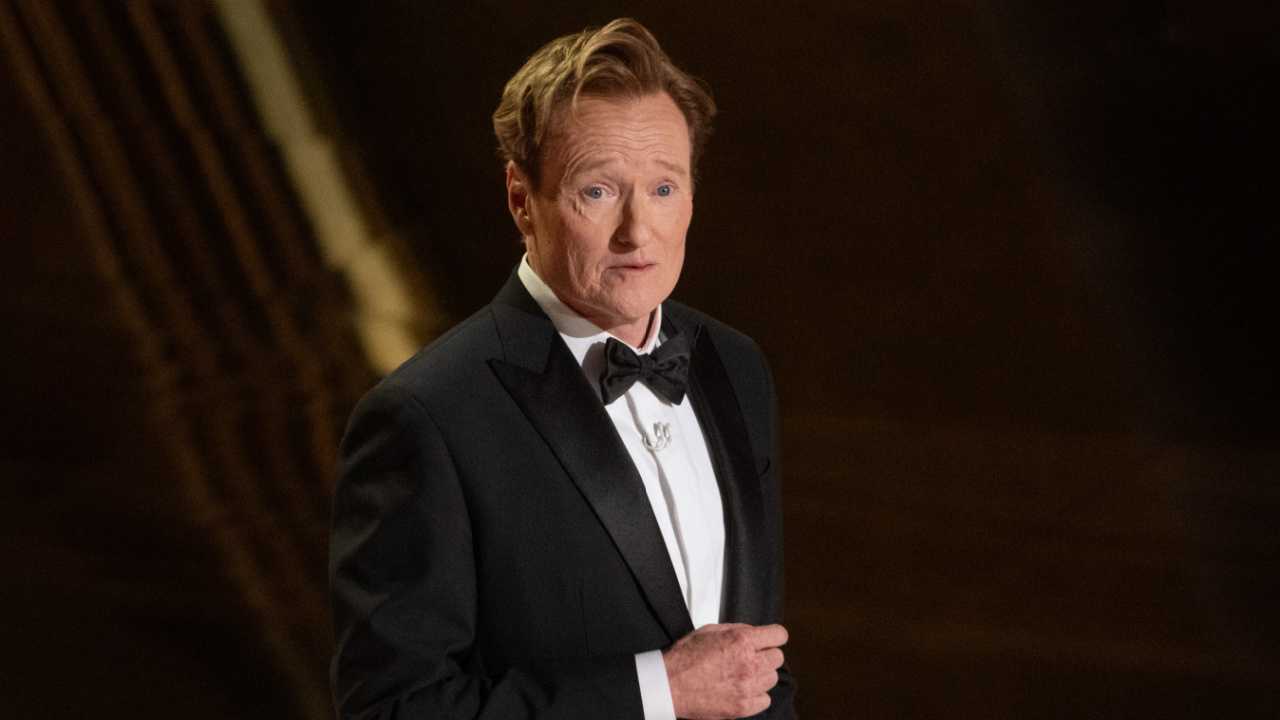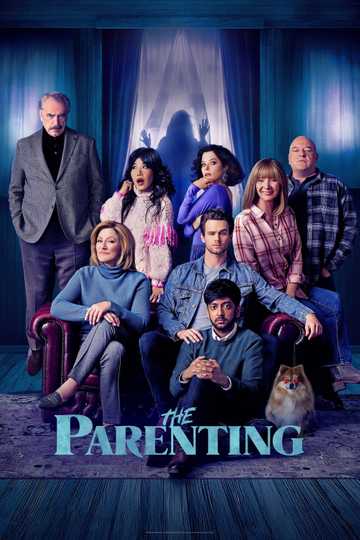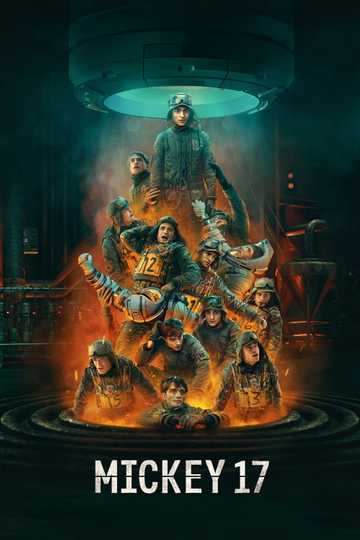Should 'Saturday Night Live' Outlast Lorne Michaels?
If you need any further proof that "Saturday Night Live" has lost whatever edge it once had, there's the news that Sarah Palin is planning to appear on the show's 40th anniversary special, airing Feb. 15. Remember, just seven years ago, Tina Fey's impression of the then-vice presidential candidate was widely credited with losing the election for her and John McCain. Since then, in speeches and Facebook posts, Palin has not been one to let a personal grievance slide. And yet, here she is, returning to the "SNL" studio at 30 Rock. This is more than just being a good sport or burying the hatchet; it's an indication that she doesn't consider whatever satirical softballs "SNL" may lob her way to be any kind of a threat. Maybe there's no such thing as bad publicity, but clearly, no prominent person, not even one as polarizing as a partisan politician, is afraid of being mocked on "SNL" anymore.
The show's current lack of edge is a feature, not a bug. So suggests Lorne Michaels, who launched "Saturday Night Live" 40 years ago and has produced it for all but five of those 40 years. In a recent interview with the Hollywood Reporter, Michaels cited a "Wayne's World" sketch featuring Madonna in bed playing a game of "Truth or Dare" with Wayne (Mike Myers) and Garth (Dana Carvey) that he ordered toned down because it seemed too risqué. It was the early '90s, and the Baby Boomers who had championed the show back in 1975 as the comic voice of their generation were now squirming over trying to watch "SNL" with their own kids, Michaels recalled. "So it morphed into a family show without having to compromise that much, frankly," Michaels told the Reporter.
Michaels also noted that, unlike, say, IFC's "Portlandia" (which he also produces), "SNL" is a network show that has to please a much broader demographic in order to please NBC and the show's sponsors. "The thing that I always find difficult about criticism of the show is that we're broadcast, which means there are people who like us in all 50 states," he said. "I'm incredibly proud of the show 'Portlandia' that I do, but it's designed for an audience that just wants that and loves that."
That he has tried to make "SNL" a family-friendly show that panders to a broad audience is is a rare admission for Michaels. For 35 years, critics have complained that the show is not as funny or biting as it was in -- well, pick the era of your choice: the first five years, starring the original cast; the Eddie Murphy-Joe Piscopo period in the early '80s, the Dana Carvey-Mike Myers period at the turn of the '90s; the Adam Sandler-Chris Farley early '90s; the Will Ferrell-dominated late '90s; the Tina Fey-Amy Poehler era in the early 2000s, or the Andy Samberg-Kristin Wiig period of recent years. This criticism is not entirely fair, and Michaels' response has always been that the show keeps churning and finding new talent and producing brilliantly funny ensembles every few years. Indeed, the fact that everyone has their favorite "SNL" period seems to bear out Michaels' defense that the show has been a lot more consistent than its detractors would admit.
Still, there was a time, which most viewers are too young to remember first-hand, when the show was truly considered dangerous -- so dangerous that some NBC affiliates in major markets wouldn't air it. Michaels, then 30, assembled its cast largely from the ranks of the National Lampoon's live stage and radio shows of the early '70s, sketch comedy that, like the magazine, made fun of both the stodgy cultural politics of the older generation and the facile counterculture of its own peers. Mostly, "SNL" made fun of what both groups had in common: a worldview thoroughly defined by the banality of television. This was the first group of TV sketch comics who'd grown up on TV, and they seemed to see every possible satirical subject in terms of how TV would convey it . Whether they were making fun of politicians, media figures, or suburban families, the late-night TV sketch players of "SNL" were biting the hand that fed them. No wonder they were dubbed the "Not Ready for Prime Time Players."
Today, of course, "SNL" is safe for prime time, as NBC has proved throughout the current anniversary season by airing reruns in prime time on Saturday nights an hour and a half before the new episodes air at 11:30. Sure, part of this is a measure of how much the envelope has expanded over the past four decades in terms of the subject matter permissible in family-hour TV. Still, watching those reruns makes you wonder what could be so dangerous about material reserved for the 11:30 hour if it can be shown a few weeks B later in primetime? Certainly, the 40th anniversary show on the 15th is more likely to fill its prime time slot with self-congratulation than provocation. As veteran TV-industry reporter Bill Carter notes, the Michaels of four decades ago used to mock an even older NBC late-night comedy institution, "The Tonight Show," as safe and dull; today, he's the producer of "The Tonight Show," starring his protege, Jimmy Fallon.
If we accept the notion that, after 40 years, Michaels has the show down to a science, that the writing and performing staffs are as talented as ever, then why has the show become so safe? Part of it is that any show that sticks around long enough becomes respectable out of sheer longevity. But part of it is that Michaels has aged, too. He's no longer the iconoclast he was at age TK, and who would expect him to be?
It's no wonder that he suggested in the Hollywood Reporter interview that maybe the show shouldn't outlive his tenure. Asked if the show should go on without him, he said, "I don't know," then added he has no plans to retire. He followed that with his remarks about "Portlandia," illustrating the notion that, in an age of niche demographics and fragmented taste, he wasn't sure how much longer he could succeed at pleasing the broadest possible audience on "SNL."
Two of "SNL"'s most illustrious alumni, former writers Fey and Conan O'Brien, told Carter they don't think the show should go on after Michaels retires. "It should be up to him," Fey said, "if it would bring him happiness to continue without him or if he wants to turn the lights off." Said O'Brien, "I think the show goes with him -- and it should." The TBS late-night host compared Michaels to the chef at a beloved restaurant, saying that if "you know Lorne isn't in the back of the restaurant at the corner table, testing the soup before it goes out, it's just not that restaurant anymore."
Even today, however, it's apparent that the menu isn't as bold or flavorful as it once was. Now that the show makes sketches cut during dress rehearsal available online, it's clear that quality control has become a toss-up, since the cut sketches are often as good as or better than (and often edgier than) the material that makes it to the air. When former cast member Chris Rock returned last fall as host and broached 9/11 as a topic in his monologue, many viewers were shocked -- not just by the audacity of Rock's jokes, but that he told them on a show like "SNL" that was no longer accustomed to ruffling any feathers.
Still, Michaels remains as good as ever at spotting new talent. Though he acknowledges to the Reporter that even his record there isn't perfect -- he blew the chance to hire Steve Carell, Stephen Colbert, Lisa Kudrow, and Jim Carrey -- he's still hired countless writers and performers who lived up to their potential during and after their time on "SNL," from the original cast (especially Chevy Chase, Dan Aykroyd, John Belushi, Gilda Radner, Bill Murray, and Al Franken) to Robert Downey Jr., Phil Hartman, Dennis Miller, Jon Lovitz, Kevin Nealon, Jan Hooks, Ben Stiller, Dana Carvey, Mike Myers, Conan O'Brien, Adam Sandler, Chris Rock, Chris Farley, David Spade, Sarah Silverman, Norm Macdonald, Will Ferrell, Molly Shannon, Tina Fey, Tracy Morgan, Jimmy Fallon, Amy Poehler, Maya Rudolph, Seth Meyers, Fred Armisen, Andy Samberg, Bill Hader, Kristin Wiig, and Jason Sudeikis. Confirming his eye for talent is the announcement last week of the cast of the "Ghostbusters" reboot, including Wiig, frequent guest-host Melissa McCarthy, and current "SNL" cast members Kate McKinnon and Leslie Jones. (Even if you don't like the idea of a "Ghostbusters" reboot, or an all-female "Ghostbusters" cast, you can't deny that these are funny women.)
But hiring funny writers and comics is one thing; creating something funny for them to do live 20 Saturdays a year is another. It's fine if, to use O'Brien's metaphor, Michaels just wants to serve up comfort food, but if "SNL" wants to keep attracting new talent and new audiences, Michaels will either have to try to dazzle viewers again or else leave the institution in the hands of someone who will.

